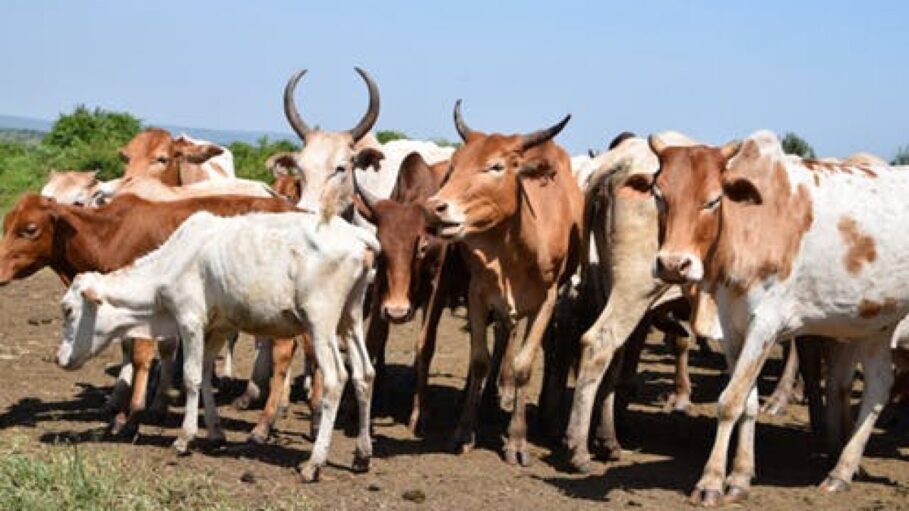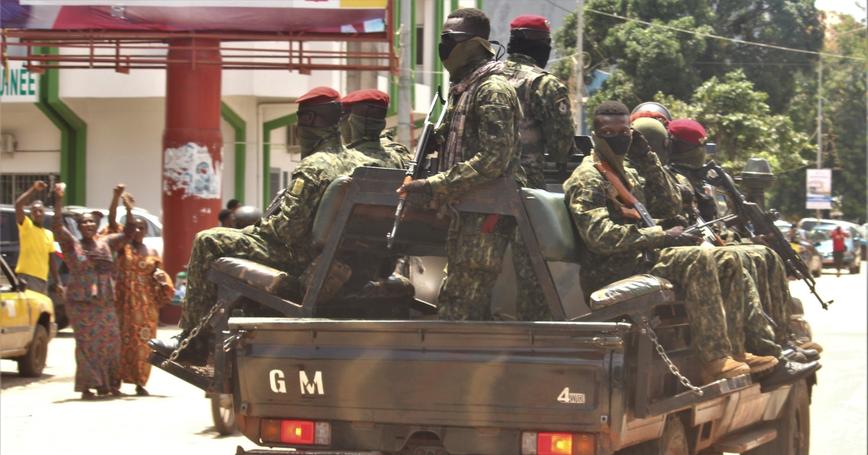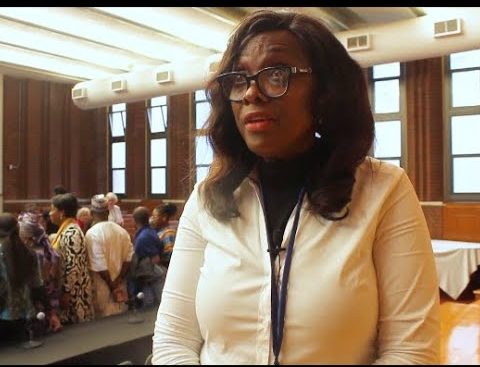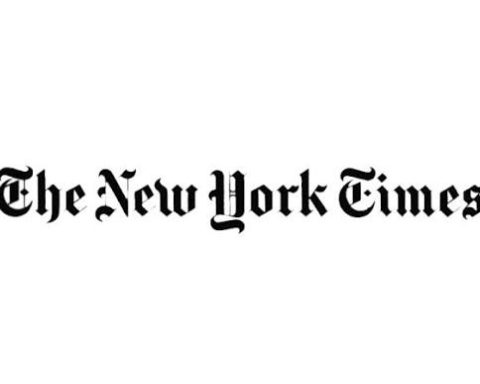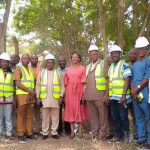July 10 and 11 2023, witnessed celebrations in commemoration of the 20 years of the Protocol to the African Charter on Human and People’s Rights on the Rights of Women, also called the Maputo Protocol. It was adopted in Mozambique on 11 July, 2003.
The events were overseen by a plethora of bodies including The African Union Commission’s Women, Gender and Youth Directorate (AUC-WGYD), African Commission on Human and Peoples’ Rights (ACHPR), the Solidarity for African Women’s Rights (SOAWR), the United Nations Office of the High Commissioner for Human Rights (UN-OHCHR) and the United Nations Entity for Gender Equality and the Empowerment of Women (UN Women). The celebrations also received the support of African CSOs, UN Agencies and international development Partners. The primary objective of the 20th anniversary, which will continue until July 2024, was to mark the successes, challenges and prospects of the Maputo Protocol.
Join our WhatsApp ChannelREAD ALSO: SGBV: Stop Covering Cases of Abuse – Women Rights Group
The Maputo Protocol, enacted in 2003, guarantees basic rights to women such as political, social, and reproductive health rights. The Protocol also guarantees the rights of women to gender equality, and the total elimination of harmful traditional practices, for example, female genital mutilation, extreme widowhood practices and domestic violence. South Sudan on June 7 became Africa’s 44th out of 55 nations to ratify the Protocol, showing evidence of wide acceptance and readiness to uphold the rights of women and girls. Only 11 countries remain, namely, Botswana, Burundi, Central African Republic, Chad, Egypt, Eritrea, Madagascar, Morocco, Niger, Somalia, and Sudan.
The commemorative events of May 11 was launched in Nairobi, Kenya, with the theme, “Raising the Bar on Policies and Partnerships for African People”. The events bore great signs of hope that Africa was working towards a more solid framework to cultivate people, partnerships and practices that promote women’s rights. These are the three Ps developed by the African Union Commission’s Women, Gender and Youth Directorate (AUC-WGYD). Reports of progress launched during the 20th anniversary show that economic and social welfare rights have improved considerably in AU Member States, with more than 50% of African countries enacting laws mandating equal remuneration for work of equal value and providing paid maternity leave of 98 days or longer. Appreciable progress was also reported in six AU countries in terms of laws enshrining rights related to reproductive healthcare. Constitutional provisions establishing quotas on women’s representation in legislatures have been implemented in 10 countries.
Unfortunately, as if to show one of the challenges to women’s rights, on July 17, five days after the Maputo Protocol 20th anniversary commemorations, 23-year-old Owolabi Adeeko, received a death sentence from an Osun State High Court in Nigeria for killing her girlfriend, Favour Daley-Oladele, for rituals. Ms. Oladele’s misfortune is only one case of the millions of gory media reports on the violation of women’s rights in Nigeria. Despite signing and ratifying the Protocol in 2004, Nigeria is yet to fully domesticate and implement the Protocol, with dire consequences in the plight of women in Nigeria. With a daily maternal mortality rate of 111 women, Nigeria rates number 1 in the United Nations Development Programme global ranking. The National Population Commission 2022 report indicates that the gender based violence prevalence rate in Nigeria is 19%; 4% for physical violence and 5% for sexual abuse. One in three Nigerian girl experiences sexual violence before age 15. The world Gender Gap report shows that Nigeria has a 63.9% gap, with a 60-63% gap in all other indexes from political to economic participation. Only three out of 92, and 15 out of 262 women who contested won the senate and house of assembly elections in Nigeria respectively. Nigeria has a 109- and 360-member seats in the two-chamber national assembly respectively.
Efforts to promote the rights of women are necessary to cure the continent of its perennial tendency to nurturing systems that perpetuate abuse against women. Despite the progress so far made, women remain vulnerable to, and are worst affected by disease outbreaks, hunger, gender-based-violence, poverty, marginalization in political opportunities, sectarian violence, conflicts and terrorism. In Senegal, for instance, a two-year deadly political turmoil between President Macky Sall and opposition figure, Ousmane Sonko, has swiveled around a rape case against a 23-year old woman, Adij Sarr, an employee of a massage parlour. The young woman has been left in the lurch to suffer a dehumanizing rape story, with constant threats to life and stigmatizations. Apart from being largely ignored, women are also seen as the cause of the myriad violations of their rights.
Mr Sonko was quoted to have said: “If I wanted to rape a woman, I wouldn’t choose a brain-damaged monkey”, a statement that put a stamp on sexual violence against women as a norm. Many commentators have therefore called for action to redress the chauvinist system that continues to create gender rights perverts as well as the impunity, and the weak legal and political systems that fertilize their perversion.
Where there is progress in the ratification of the report, some AU countries are registering reservations and desire to modify some provisions of the Protocol in their internal legal mechanisms. While such reservations are seen as better than outright rejection, they still show the drudgery that gender rights have witnessed in some countries. As of July 2022, only 19 countries have complied with Article 26(1) of the Protocol in submitting the required progress reports on the implementation of the Protocol. Challenges remain in the areas of eliminating harmful traditional practices, gender-based violence, and discrimination against women and girls. Faiza Mohamed, Africa Regional Director at Equality Now, says, “Harmonizing national laws with the principles outlined in the Maputo Protocol and addressing deeply entrenched societal beliefs are crucial steps towards gender equality.” “As everyone continues on the journey to uphold the rights of women and girls under the Maputo Protocol, the hope is that AU member states will embrace a multi-sectoral approach to fast-track the fulfillment of their obligations.”
Apart from ratifying the Protocol, and the enactment of laws, countries should also focus on the areas such as embracing strategic partnerships and collaboration with development partners, civil society organisations (CSOs), private sector and other stakeholders to decentralize and operationalize policies adopted at regional and national levels. Through this, it will be easier to move to the third stage of demonstrating the positive impact on the lives of the African People, in particular women and girls, to ensure sustainable and tangible benefits and overall improved livelihoods and development outcomes. As it is, over 65% of rural women in Africa do not have access to productive assets, including land, credit, inputs and financial services.
Dr Mbamalu is a veteran journalist, Editor and Publisher
Follow on Twitter: @marcelmbamalu
Email: marcelmbamalu2@gmail.com
Dr. Marcel Mbamalu is a distinguished communication scholar, journalist, and entrepreneur with three decades of experience in the media industry. He holds a Ph.D. in Mass Communication from the University of Nigeria, Nsukka, and serves as the publisher of Prime Business Africa, a renowned multimedia news platform catering to Nigeria and Africa's socio-economic needs.
Dr. Mbamalu's journalism career spans over two decades, during which he honed his skills at The Guardian Newspaper, rising to the position of senior editor. Notably, between 2018 and 2023, he collaborated with the World Health Organization (WHO) in Northeast Nigeria, training senior journalists on conflict reporting and health journalism.
Dr. Mbamalu's expertise has earned him international recognition. He was the sole African representative at the 2023 Jefferson Fellowship program, participating in a study tour of the United States and Asia (Japan and Hong Kong) on inclusion, income gaps, and migration issues.
In 2020, he was part of a global media team that covered the United States presidential election.
Dr. Mbamalu has attended prestigious media trainings, including the Bloomberg Financial Journalism Training and the Reuters/AfDB Training on "Effective Coverage of Infrastructural Development in Africa."
As a columnist for The Punch Newspaper, with insightful articles published in other prominent Nigerian dailies, including ThisDay, Leadership, The Sun, and The Guardian, Dr. Mbamalu regularly provides in-depth analysis on socio-political and economic issues.




